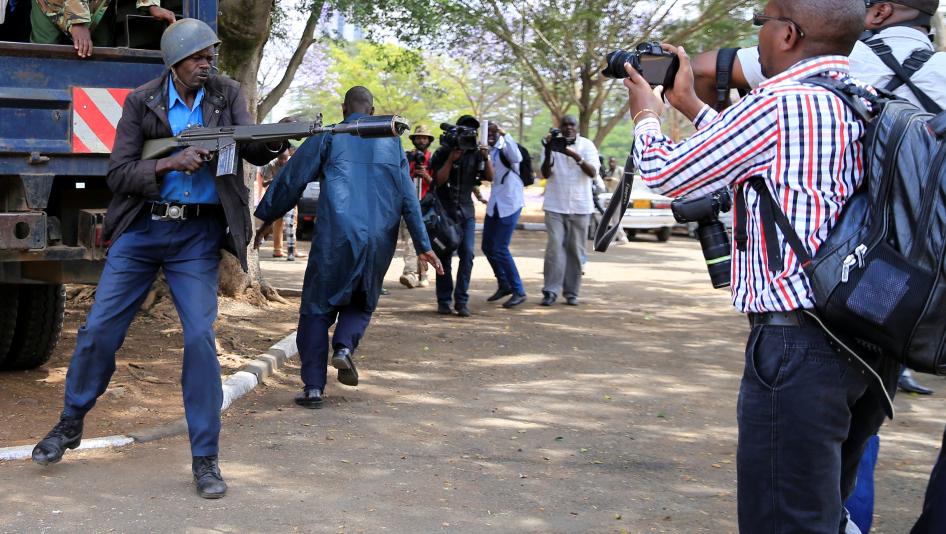Nigeria and Liberia are on the path to tyranny. Nigeria’s National Broadcasting Commission recently suspended the broadcast rights of privately-owned media outlet, DAAR Communications and its subsidiaries, Africa Independent Television (AIT) and Ray Power FM. In neighboring Liberia, the government has proscribed all social media activities in the name of providing security. Obviously, there is an ugly parallel in both cases.
While both Nigeria and Liberia are languishing in economic uncertainties due to decades of corruption and political instability, censorship of the media and disregard for freedom of expression are not in the best interest of both countries. Few notable developments in the last few years did, however, laid the foundation for their present hostility to freedom of speech.
In Nigeria
President Muhammadu Buhari’s hostile attitude first came under the spotlight in January 2018 when he ordered the monitoring of some private social media accounts which the government believed was promoting hate speech. Although the government found legal reasons to move ahead with the order, the moved was publicly criticized as it undermined civil liberty and privacy.
The suspension of AIT and Ray Power FM may not have happened if Nigerians had vigorously protested this initial order on social media monitoring. But there are a few signs for us to believe that there will be more public push backs. For instance, DAAR Communications contested the ban and a Federal High Court eventually ruled in its favor. Although it discontinued the production of Kakaaki Social, a program known for tolerating divergent opinions—and sometimes critical—on political and social issues.
But DAAR Communications is only fortunate to have the resources to pursue a legal suit against the government, which resulted in the preservation of its corporate right. Many Nigerians are not that fortunate. Whereas, democracy is strengthened by free speech and the recognition of press freedom.
In Liberia
In its quest to disrupt anti-government protests in June 2019, the Liberian government of President George Weah ordered the shutdown of the social media.
Over 5,000 Liberians had protested the government’s failure to tackle corruption and maladministration. Many Liberians believe these problems are responsible for the surging inflation rate, which is affecting the economy.
But Weah’s order to shut down the internet is only one of the many orders we have had from African leaders lately. The Presidents of Zimbabwe, Gabon, Gambia, and the Democratic Republic of Congo have all given similar orders to contain public dissent.
The footballer-turned President assumed power at a time Liberians craved liberation from corruption. Interestingly, Nigeria’s Buhari came to power under circumstances similar to Weah’s and both are fast losing public trust because of their bad public policy choices. It is not surprising that both now rank well below 100 in Transparency International’s Corruption Perception Index.
Elected representatives owe the electorates a great deal of responsibility and transparency. Electorates also have the absolute right to ask questions on how the government is run. They can also demonstrate their disagreement through peaceful protests, social media criticism, and on the broadcast media; Criticism itself is a feature of democracy.
The Nigerian and Liberian governments should respect criticism and dissent if they wish to pull their people out of economic and social misery.
Gabriel Ogunjobi is a journalist and editorial intern at African Liberty. He is passionate about governance and human rights. He can be reached on Twitter @GabrielOgunjob2.
Photo Credit: Human Rights Watch

